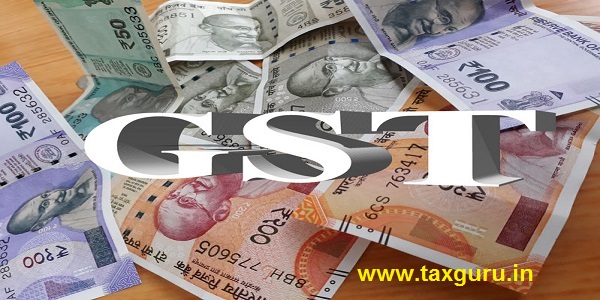Introduction
On the introduction of Goods & Services Tax (GST) i.e. July 01, 2017, taxpayers desired that, even, the single penny of unutilised assets (ITC) earned in previous tax structure should not be lost on transit to new tax regime. Keeping in mind this view, the government has incorporated the transitional provisions. Section 140 of CGST Act read with rule 117 which prescribes the time frame for claiming the transitional credit via form TRAN-1.
Time limits
At the inception, the due date for filing of TRAN-1 was September 28th, 2017, and the same has been extended till December 27th, 2017 by exercising the power given in proviso to commissioner. Nevertheless, the taxpayers could not file the form within the prescribed time, since, they were confronting with the various type of technical glitches on common portal which were undoubtedly irrepressible for taxpayers.
Further, many grievances filed on GST portal and WRIT petitions filed before various states of High Courts, considering the same, the CBIC has inserted Sub Rule 1A of Rule 117 vide NN 48/2018 – CGST, dated September 10th, 2018, which opened the window for the taxpayers who were possessing the evidence substantiating that taxpayers had confronted with technical glitches. The due date for filing TRAN-1 is June 30th, 2020 up to the present time owing to pandemic of COVID-19.
High Courts Views
- Various taxpayers approached to the high court for the relief for filing the form TRAN-1:
The court held that Unutilized credit arising on account of duty/tax paid under erstwhile Acts is vested right which cannot be taken away on procedural or technical grounds (Adfert Technologies Pvt. Ltd. Vs Union of India & Ors., Punjab & Haryana High Court) - The court held that denying of credit pertaining to pre GST regime would amount to violation of Article 300A. Unutilised credit earned under the pre GST regime is the property of the applicant and the same cannot be appropriated for merely failing to file a declaration in the absence of law in this respect. The due date prescribed under rule 117 of the CGST rules is procedural in nature and should not be construed as a mandatory provision (Siddharth Enterprises Vs NODAL Officer, Gujarat High Court)
- The court held that transitional credit cannot be denied due to inadvertent error and directed to allow the rectification of Form Tran-1 electronically or manually on or before July 31st, 2019 (Blue Bird Pure Pvt. Ltd. Vs Union of India & Ors. Delhi High Court)
- The court held that due date contemplated under the laws to claim the transitional credit is procedural in nature. In view of the GST regime and the IT platform being new, it may not be justifiable to expect the users to back up digital evidences. Even under the old taxation laws, it is a settled legal position that substantive input credits cannot be denied or altered on account of procedural grounds (Tara Exports Vs Union of India, Madras High Court)
- The court held that provision of Rule 117 as being directory in nature, insofar as it prescribes the time-limit for transitioning of credit, and therefore, the same would not result in the forfeiture of the rights, in case the credit is not availed within the period prescribed. However, this does not mean the availing of CENVAT credit can be in perpetuity. In absence of any specific provisions, the court held that, the period of three years should maximum from the date of appointed date for transitioning the credit by virtue of residuary provisions of the Limitation Act. Finally, the court permitted to file TRAN-1 Form on or before 30.06.2020 and directed the Government to open the portal to enable the petitioner to file form electronically or accept manually (Brand Equity Treaties Limited Vs The Union of India, Delhi-High-Court)
Amendment via Finance Bill 2020
Section 128 of Finance Act 2020, has brought a retrospective amendment in Section 140 to prescribe the time limit for enjoying the benefit of transitional credit and such amendment will have a retrospective from July 01, 2017. Now, this amendment has come into force from May 18, 2020 vide NN 43/2020 – CT, dated May 16th, 2020.
In the case of (Brand Equity Treaties Limited Vs The Union of India, Delhi-High-Court), the court said CGST act does not prescribe time limit to availing transitional credit and taxpayer can submit TRAN-1 within 3 years from the GST appointed date by virtue of limitation act 1963.
The retrospective amendment in section 140 may help the government to overcome the rulings treated rule 117 as a directive in nature. Even if, the Government is possessing the right of time restriction, however, we need to understand that the vested right as per Article 300A of the constitution of India will remain same since such rights will not get impacted by this amendment.
Comments
The Government should come up with the mechanism for the taxpayers who could not or partially to avail the benefit of unused erstwhile credit. The taxpayers must submit TRAN-1 manually till government comes with the mechanism. Further, if government does not come up with mechanism, such notification (NN 43/2020) will add fuel to the burning issue of transitional credit.






Passing a retrospective amendment to basically cheat companies of their own funds is “theft”. Disgusted with the current dispensation. 🙁